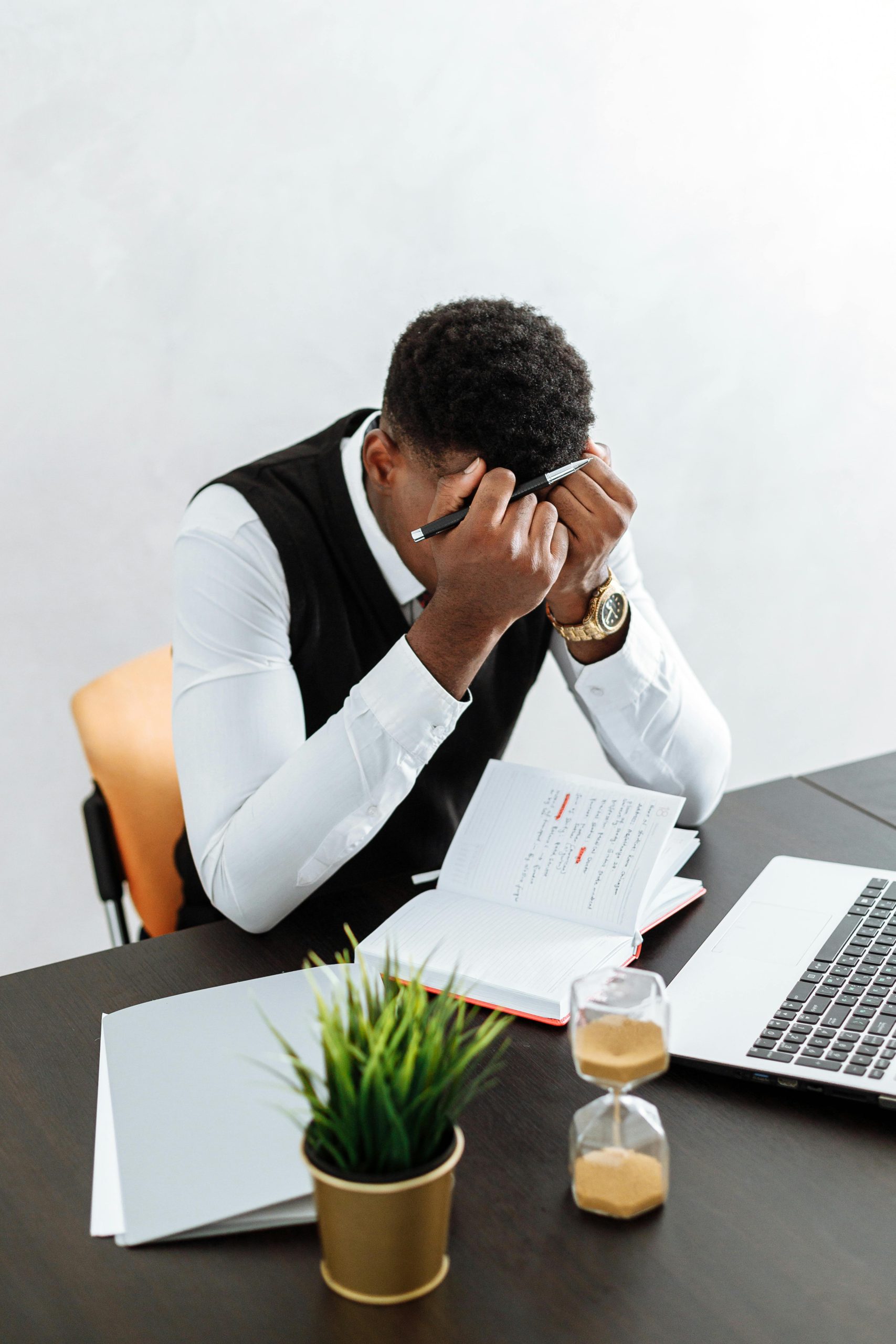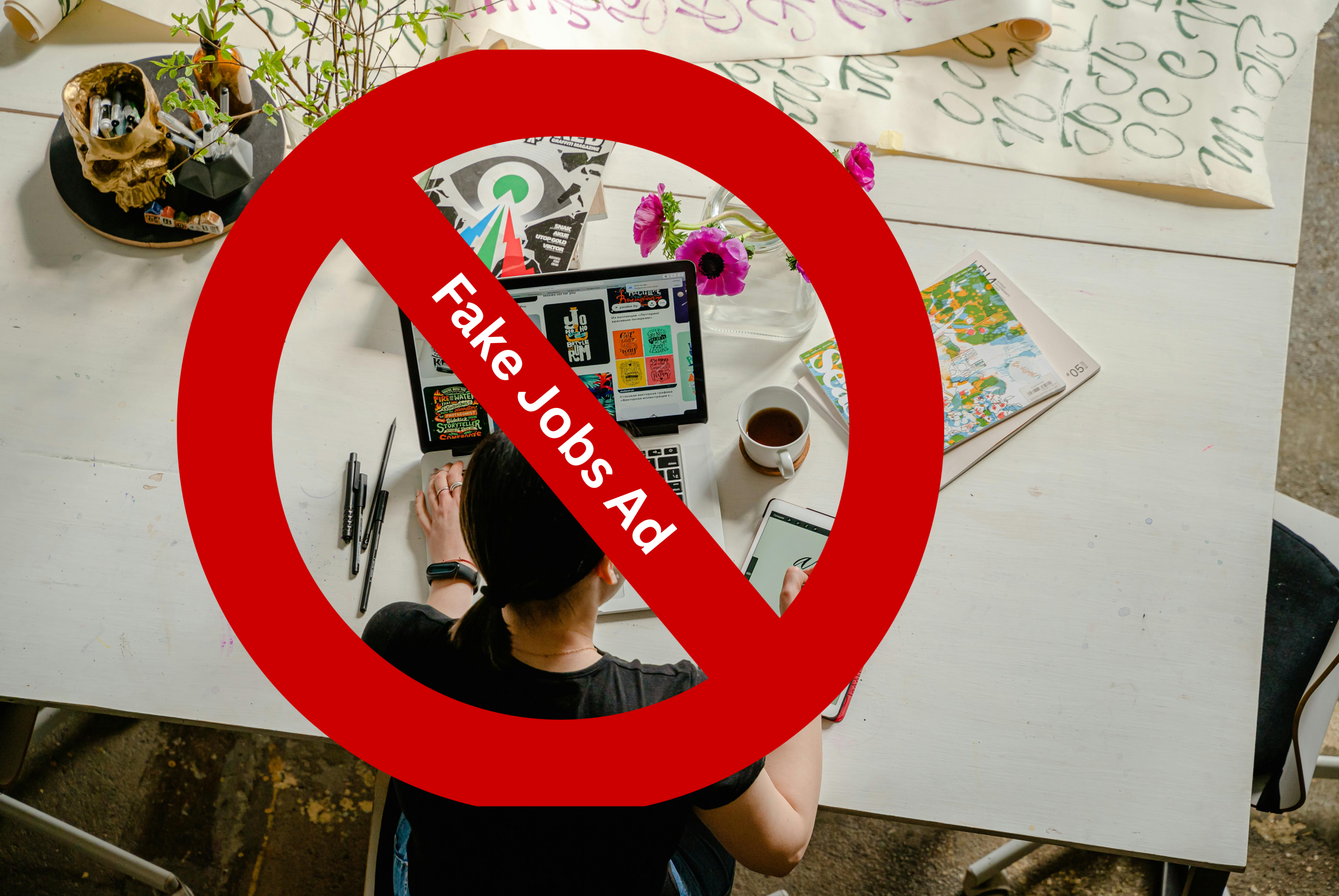It always starts small, doesn’t it? A slippery floor. A dodgy wire. Maybe a weird smell in the air. But no one says anything. You’re told to “just get on with it.” And you do. Until something happens.
That’s how unsafe work environments creep in. Quiet. Stealthy. Like they’re part of the job. But they’re not.
Let’s be clear—you have the right to feel safe at work. Not maybe. Not if it’s convenient. It’s a right. One of the big ones. Like being paid. Like being respected.
But let’s be honest. For many workers out there, safety feels optional. Not guaranteed.
What Does a Safe Work Environment Even Mean?
When you hear “safe work,” what comes to mind? Maybe helmets. Gloves. Hard boots.
That’s part of it. But it’s more than that.
It’s physical. But also emotional. Mental too.
It’s about how you feel when you walk in the door. And how you feel when you leave.
Ask yourself:
Is the lighting okay?
Do machines work properly?
Is anyone yelling at you for no reason?
Do people joke about serious stuff like injuries?
Are you treated like a human—or a cog?
If any of that sounds familiar, it’s not just in your head.
Because real safety goes beyond bandages and warning signs. It includes respect. Protection. And support.
What the Law Says (Yes, There’s Actual Law for This)
Look—laws exist for a reason. And workplace safety is covered. It’s not a favor from your boss. It’s the law.
In South Africa, there’s this thing called the Occupational Health and Safety Act (OHSA). It’s not just paperwork. It’s a promise. One that your employer is legally supposed to keep.
Under this law:
Your employer has to keep your workplace safe.
They must look for hazards.
They need to assess risk.
And most important—they gotta fix it.
No excuses. No turning away and hoping it goes away.
And you? You’ve got the right to refuse unsafe work. Yup. If something’s clearly dangerous, you can walk away from it. Legally. But still—so many don’t.
Why? Fear. Fear of being fired. Of being replaced. Of being told you’re difficult.
And that fear? It’s part of the problem.
The Reality: What Actually Happens in Workplaces
Alright. Time for some honesty.
What’s written in law is nice. Clean. Neat. But out there? In factories, kitchens, offices?
It’s messy.
A cashier gets verbally abused every day. Manager shrugs.
A worker faints from heat. Gets told to “drink water next time.”
A security guard’s shift runs 18 hours. With no break. No backup.
And no one bats an eye.
That’s the reality. Unsafe work doesn’t always look like explosions or chemicals. Sometimes, it’s silence. Tired legs. Bruised hearts. Constant pressure.
And the worst part? People get used to it. They start believing it’s normal.
It’s not.
Signs Your Workplace Might Be Unsafe
You ever just feel like something’s wrong? Even if you can’t explain it?
Trust that.
Here’s a few signs your work environment might not be okay:
There’s no safety training.
Broken tools never get fixed.
People make sexist jokes—and no one stops them.
You feel nervous walking into work.
You’ve been hurt, and nobody followed up.
Everyone acts like it’s just how it is.
That’s not “just work.” That’s unsafe.
Why It’s Hard to Speak Up
Now, let’s not pretend it’s easy to report stuff. It’s scary.
Maybe you need that paycheck. Maybe you’ve got mouths to feed. Maybe the job market’s tough.
And maybe… just maybe… you’re afraid you’ll be called a snitch.
So you stay quiet. You keep your head down.
But deep inside? You know it’s not right.
And guess what—you’re not the problem. The system is.
It shouldn’t take courage to demand basic safety. But here we are.
What You Can Do
Feeling stuck? Don’t worry. You’ve got options.
Here’s how to start.
Document everything. Seriously. Keep notes. Dates. Names. Photos if you can. Build your own record.
Speak to your supervisor. If they’re open, try. Just say, “Hey, this doesn’t feel safe.” Watch how they react.
Use internal channels. HR. Health officers. Complaint forms. Might be slow. But use them anyway.
Call your union. If you’re in one, lean on it. That’s what they’re there for. If you’re not, you can still seek outside support.
Report it. In South Africa, you can report to the Department of Labour. You don’t even have to wait till someone gets hurt.
And always—trust your gut. If it feels off, it probably is.
What Employers Should Be Doing (But Don’t Always Do)
Now let’s flip it. What should bosses be doing?
Let’s keep it simple:
Train staff.
Provide gear.
Fix problems fast.
Listen. Act.
Support whistleblowers.
That’s the bare minimum. If they’re not doing it? They’re not just lazy. They’re putting lives at risk.
And a boss who chooses profit over people? That’s not a leader. That’s a liability.
Mental Health Is Part of Safety Too
Quick detour—but super important.
Mental health matters. More than most people admit.
Are you being bullied at work?
Treated like garbage?
Made to feel small?
That’s not just annoying. It’s unsafe. Because what happens to your mind—shows up in your body.
Stress. Burnout. Depression. It all counts.
Your safety includes your headspace. Don’t let anyone tell you otherwise.
Change Starts With Awareness
Big changes don’t just drop from the sky. They start small.
Someone notices. Someone speaks. Someone listens.
And slowly, things shift.
Laws help. But people? People make the real difference.
You. Your voice. Your story.
You can be the one who says, “Enough.”
Even if it’s scary. Even if you shake.
That’s how safety spreads.
Final Thoughts: You’re Not Alone
Let’s wrap this up.
If you’ve been working in unsafe conditions—this isn’t your fault. You’re not weak. You’re not dramatic.
You’ve been strong for too long.
And now? It’s time to be smart. Time to be loud. Time to be heard.
You deserve better. A job that pays fairly and protects you.
You deserve a place where you’re not afraid to speak. To breathe. To be.
So no more silence. No more suffering.
This is your right.
Claim it.







